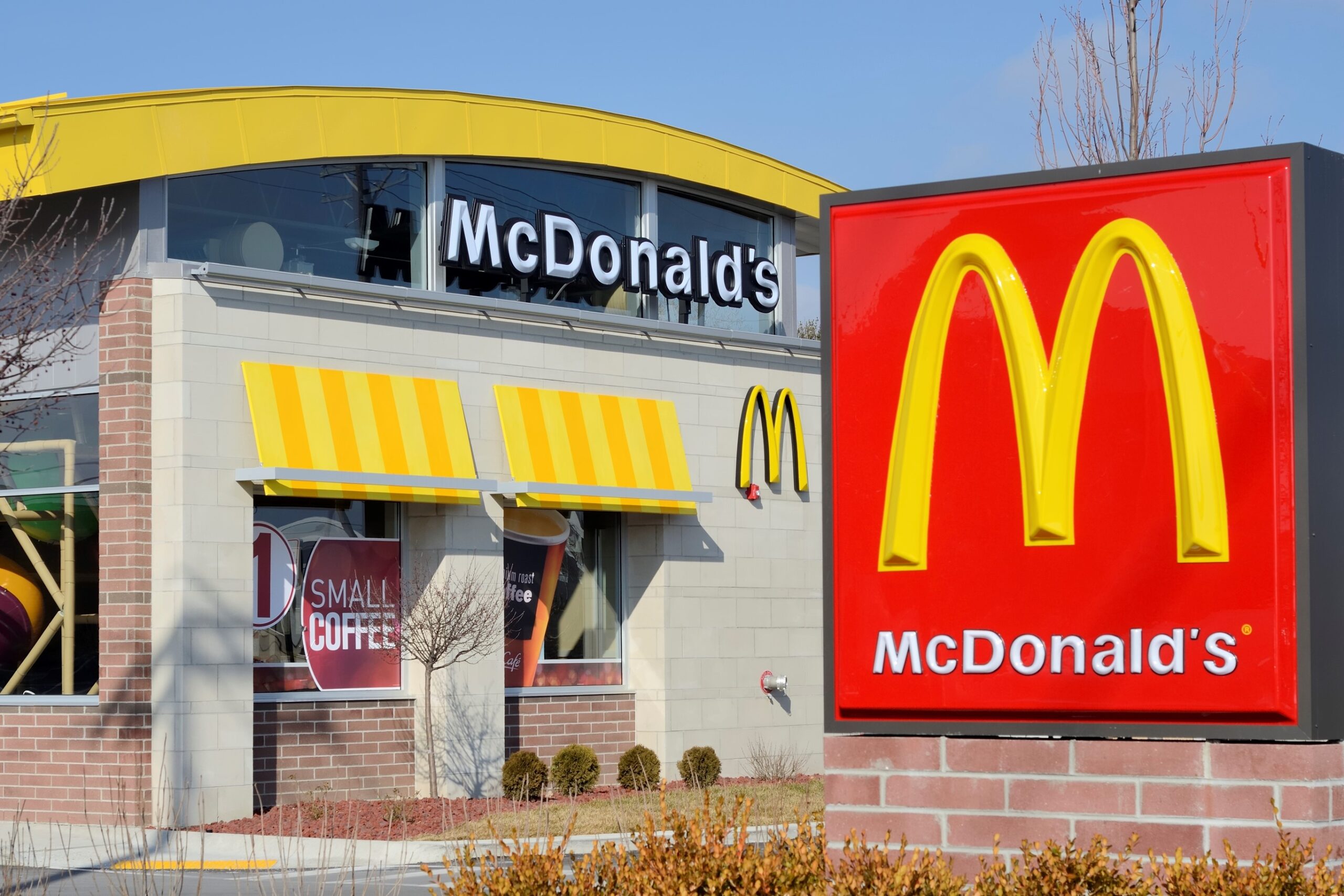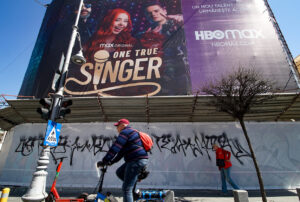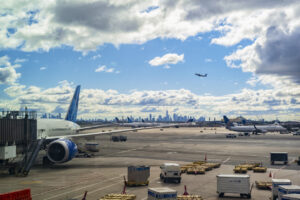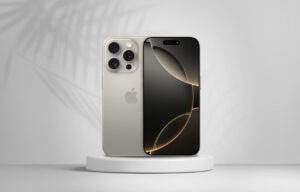The Daily Scoop: McDonald’s eco-friendly packaging 2025 deadline is not enough for all
Plus more news you can use today.

The Golden arches has a slight conundrum on its hands.
While McDonald’s made slow but steady changes to paper food containers for the Big Mac in 1990 (that was a big deal), plans are underway for its offerings to be wrapped in renewable or recycled packaging in the next two years, CNBC reported.
Yet, that’s not enough for some — even as McDonald’s is moving the needle on its 2025 goal — set in 2018 — because “activist shareholders are moving onto the next big target: pressing the fast-food giant for more focus on reusables,” according to the article.
During an annual meeting with shareholders held this spring, McDonald’s agreed with As You Sow, a non-profit shareholder advocacy group, to develop a report “on the implications of switching to reusable packaging.”
The article mentioned that advocates in favor of reusable packaging say that it’s a needed switch from renewable or recycled material.
The article explains:
Multinational corporations need to have reusable packaging strategies in place as part of risk management, according to Kelly McBee, circular economy senior coordinator at As You Sow, to comply with a Global Plastics Treaty deemed by the United Nations aimed to end single-use plastic production and usage by 2024 under an international legally binding agreement.
Why it matters: In April, McDonald’s issued a report, “No Silver Bullet,” on the impact of solely relying on reusables, which they described as an expensive alternative.
The article noted that the report detailed the “balancing act” McDonald’s navigated through with adjusting to European mandates for non-disposable packaging when necessary — along with disputing the issue of only using reusables.
From costly kitchen and infrastructure updates to doling out more money for energy and water, the report noted that just 100 reuses would mean a 267% higher cost in comparison to a one-time-use packaging system, according to the article.
McBee said that various reusable packaging studies reveal that, over time, companies will have money left over from not buying disposables.
Burger King tested a pilot program for reusable packaging by using recycling company Loop in 2020. Customers drank and ate from reusable cups and packaging and returned for a deposit. McDonald’s did something similar with Loop in the United Kingdom with coffee cups.
The two competitors halted the program last year and are evaluating it, the article added.
Beyond the program, numerous non-U.S.-based McDonald’s have already made huge strides to eliminate one-time-use packaging, especially after The European Commission put a stop to the use of disposable straws, plates and silverware, the article adds.
McBee said that reuse efforts are realistic in the United States, too.
McDonald’s report, though, mentioned a possible negative consumer overall experience.
“In some circumstances, plastic is the right option to keep things safe and properly contained, let alone making sure that the food you love is tasty and the experience is what you are hoping it would be,” a McDonald’s spokesperson stated to CNBC.
McDonald’s is, so far, sticking with its guns and overall message on sustainability.
“There’s unintended consequences of reuse in a world and in a system where we’ve made so much progress. While reuse has been kind of a bright flashy object as of late, McDonald’s has been invested in studying this for a decade,” the McDonald’s spokeswoman said in the article.
While addressing complaints over its sustainability strategy with reports and data to back up its operations, McDonald’s is letting others know where it stands.
The company might not be easily swayed in this uphill battle with reusables but it’s still transparent with stakeholders and responsive. It will be interesting to see how these efforts trend for them after 2025 and what PR implications (positive or negative) stem from this decision.
More top headlines:
- Taco Bell wants the “Taco Tuesday” trademark canceled after competitor, Taco John’s owned it for 34 years. Taco Bell says the common phrase should be “freely available” to those in the taco space, according to CNN.
- Virtual reality games are putting gamers in other peoples’ shoes to learn about racism and diverse perspectives, in a new lens. ‘Commercial potential’ could be down the line for educators, per Axios.
- Consumers increased their purchases in retail last month – a first-time occurrence in the past three months, even with inflation and an uptick in interest rates. People shopped more for automobiles and eating out along with an increase in online spending. They slowed down on buying gasoline and expensive items like furniture, according to WSJ.
Sherri Kolade is a writer at Ragan Communications. When she is not with her family, she enjoys watching Alfred Hitchcock-style films, reading and building an authentically curated life that includes more than occasionally finding something deliciously fried. Follow her on LinkedIn. Have a great PR story idea? Email her at sherrik@ragan.com.
COMMENT
PR Daily News Feed
RECOMMENDED READING
The Scoop: Pope Leo XIV humanizes himself with introduction
Tags: McDonald's, PR







